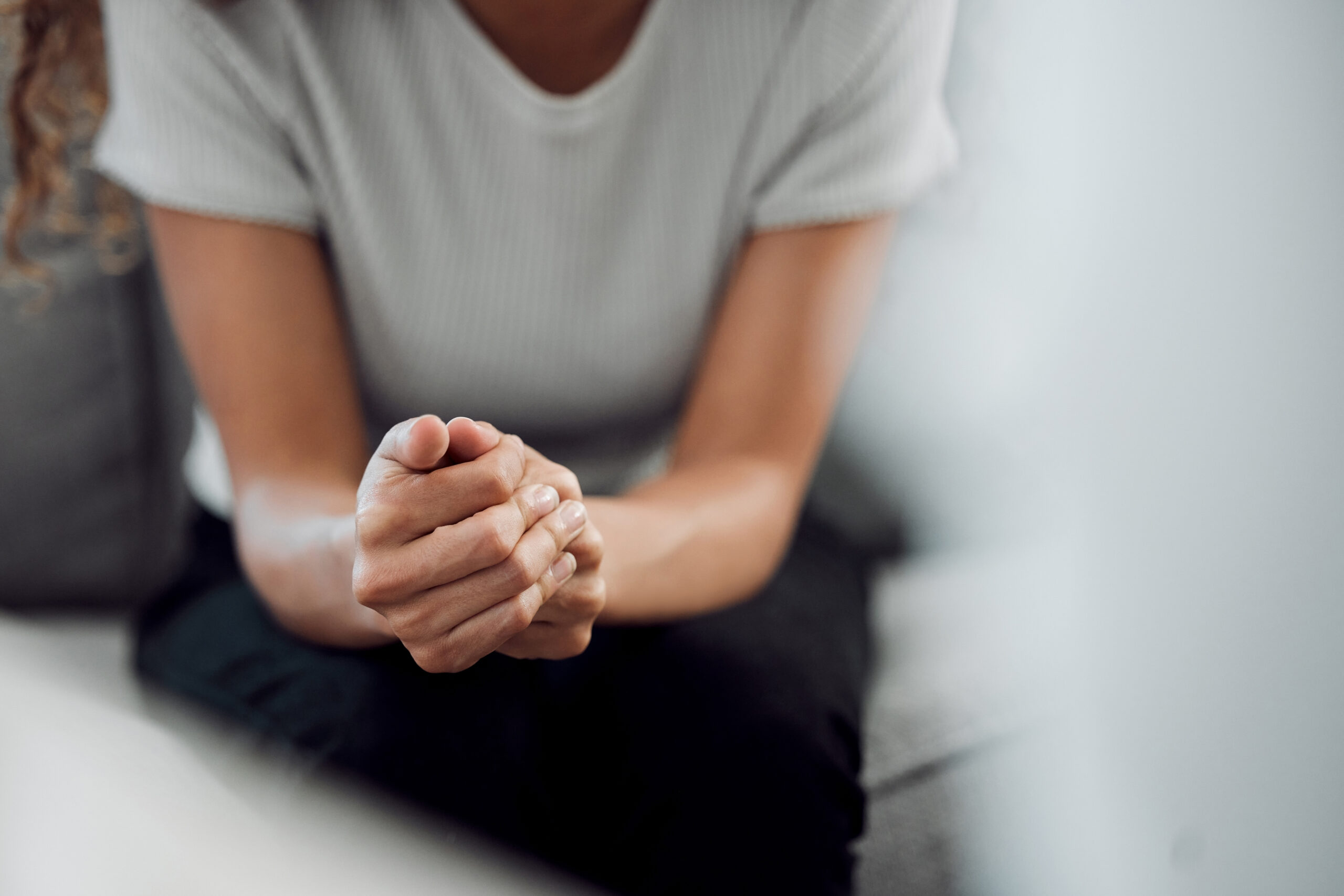Are worries about food and your body consuming your thoughts? You may be suffering from an eating disorder. This means more than just difficulties with food; it’s about feelings, control, and often deep-seated pain.
Eating disorders can become quite serious, with both physical and emotional consequences. Whether you are struggling with anorexia, bulimia, binge-eating disorder, or another form of disordered eating, it’s important to remember that you are not alone. Body image issues can also significantly impact your wellbeing, leading to a constant preoccupation with your appearance and weight. Understanding these challenges is the first step towards seeking help and embarking on a journey of recovery.
Common symptoms of eating disorders
Eating disorders and body image issues can manifest in various ways. Some common symptoms include:
- Restrictive eating: Limiting food intake, skipping meals, or following extreme diets.
- Binge eating: Consuming large amounts of food in a short period, often accompanied by feelings of loss of control.
- Purging behaviours: Engaging in behaviours such as vomiting, excessive exercise, or misuse of laxatives to compensate for eating.
- Obsession with weight: Constantly worrying about weight, body shape, or appearance.
- Distorted body image: Having a skewed perception of your body, often feeling overweight even when underweight.
- Emotional distress: Experiencing feelings of guilt, shame, or anxiety related to eating and body image.
- Physical symptoms: Noticeable weight changes, fatigue, digestive issues, or menstrual irregularities.
Recognising these symptoms is a crucial step towards acknowledging the need for help and beginning the recovery process.


Therapies for eating disorders and body image issues
At our practice, we offer a comprehensive range of therapeutic approaches designed to support your journey towards recovery. Our goal is to help you develop a healthier relationship with food and your body. Here are some of the therapies we might use:
- Cognitive Behavioural Therapy (CBT): CBT helps you identify and challenge negative thought patterns and behaviours related to food and body image. It provides practical strategies to develop healthier habits and self-perceptions.
- Dialectical Behaviour Therapy (DBT): DBT combines cognitive-behavioural techniques with mindfulness strategies to help manage emotional distress and improve coping skills.
- Body Image Therapy: This involves exploring and addressing the underlying issues contributing to body dissatisfaction and promoting a more positive body image.
- Supportive counselling: Providing a safe and non-judgemental space for you to express your feelings and experiences is crucial in the healing process.
- Mindfulness and relaxation techniques: Practices such as mindfulness meditation and deep breathing exercises can help you manage stress and reduce the urge to engage in disordered eating behaviours.
Struggling with an eating disorder or body image issues can be an isolating and distressing experience. However, you don’t have to face this alone. With the right support and therapeutic strategies, it is possible to develop a healthier relationship with food and your body, and to restore a sense of balance and wellbeing.
During our initial discussions, we’ll take the time to get to know you and understand your particular circumstances. This understanding will guide us in recommending the most appropriate therapeutic strategies for you.
If you or someone you know is struggling with these issues, consider reaching out for professional help. Booking a session could be the first step. It’s straightforward, with no obligation, and is an opportunity to discuss your situation in a supportive environment. Our team of qualified practitioners is here to listen and work with you on the path to recovery.



